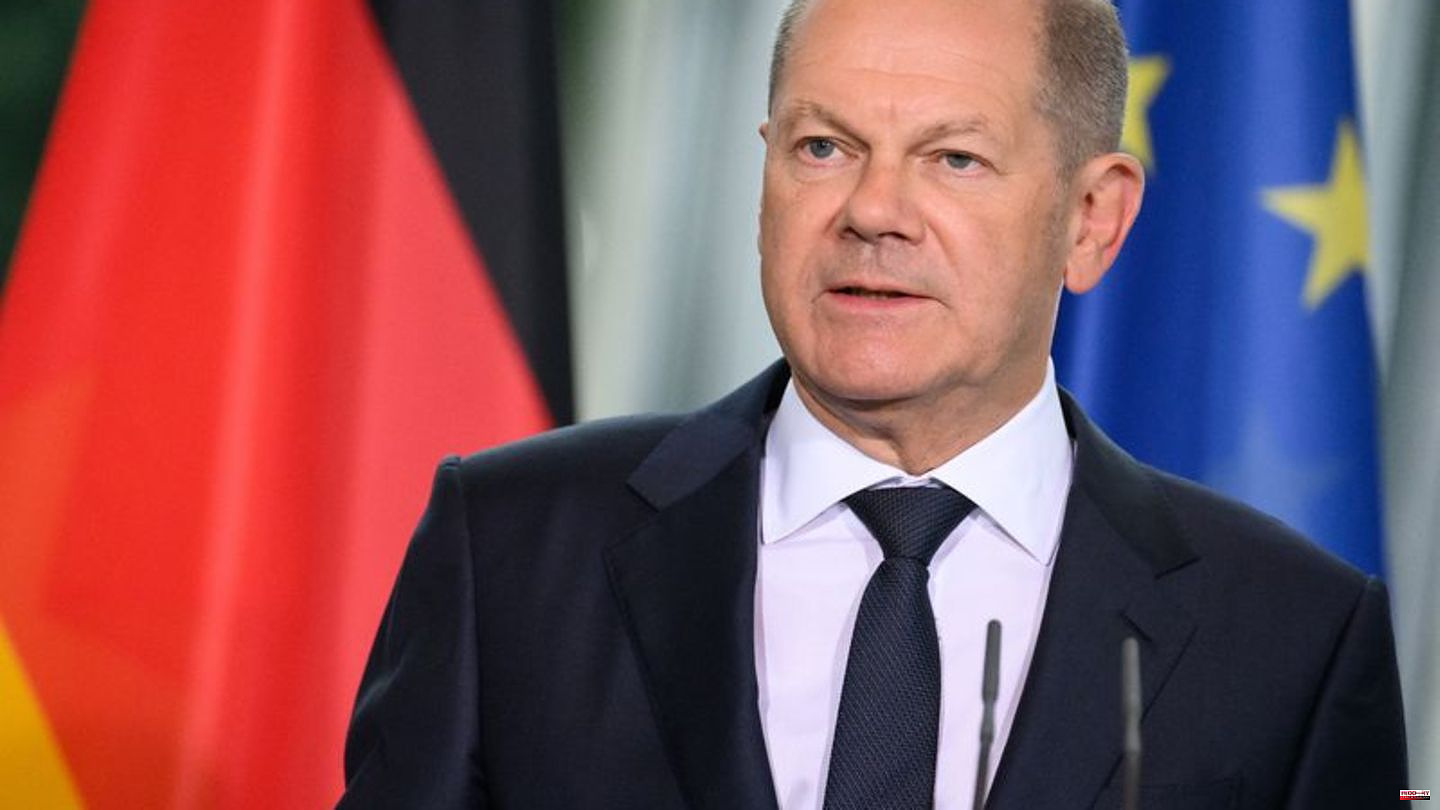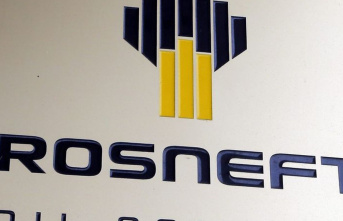Before the talks between Federal Chancellor Olaf Scholz (SPD) and representatives of trade unions and business as part of the so-called concerted action, politicians, association representatives and experts expressed different expectations of the meeting. Federal Minister of Labor Hubertus Heil emphasized in Berlin that it was important to "bundle the forces between business, trade unions and the state" during this time.
"The point is that we can do it together and that we don't allow the economy, unions or our state to let Putin divide our society," said the SPD politician. He takes part in the afternoon talks in the Federal Chancellery, which are also attended by Federal Economics Minister Robert Habeck (Greens), Federal Finance Minister Christian Lindner (FDP), the Bundesbank and economic researchers. According to Heil, topics will include economic aid, but also the tax and duty exemption offered by the coalition for one-off payments from companies to employees.
In its third relief package, the traffic light had agreed that the federal government wanted to waive taxes and duties if companies made additional payments to their employees of up to 3,000 euros. The details are still unclear.
Reactions to the third relief package
The chairwoman of the German Trade Union Confederation (DGB), Yasmin Fahimi, described the idea as the right approach. But there must be a permanent stabilization of real wages, she said in the ARD "Morgenmagazin". It's not just about one-off payments, but about raising the level overall.
The traffic light offer is also welcomed by the employer-oriented Institute of German Economics (IW). "The tax-free one-time payment could be the joker to at least dampen a wage-price spiral," wrote IW tariff expert Hagen Lesch in a statement on Thursday. The meeting this Thursday comes at the right time in view of forthcoming collective bargaining in the metal, electrical and chemical industries.
The President of the Munich ifo Institute, Clemens Fuest, expressed skepticism: "This subsidy tends to fuel inflation," said the economist "Rheinische Post". The state should leave collective bargaining to the parties and not intervene with subsidies.
Demand for a social summit
"You shouldn't expect too much from the Concerted Action," said Fuest. Talking to each other is always good, but what can be achieved in these talks is limited. He also raised the question of what pledges employers might make as part of these talks. "Normally that would be a promise of job security, but since most companies are looking for staff anyway, it's not a concession. That's another reason why it's unclear what the concerted action is supposed to achieve."
The Social Association Germany was also critical. "It's good that the chancellor is meeting unions and employers. But the chancellor's office urgently needs to hear those people who are shortest on money," said CEO Michaela Engelmeier before the meeting. However, no collective agreement applies to the majority of low-income earners. Therefore, in addition to the concerted action, there must also be a social summit.







